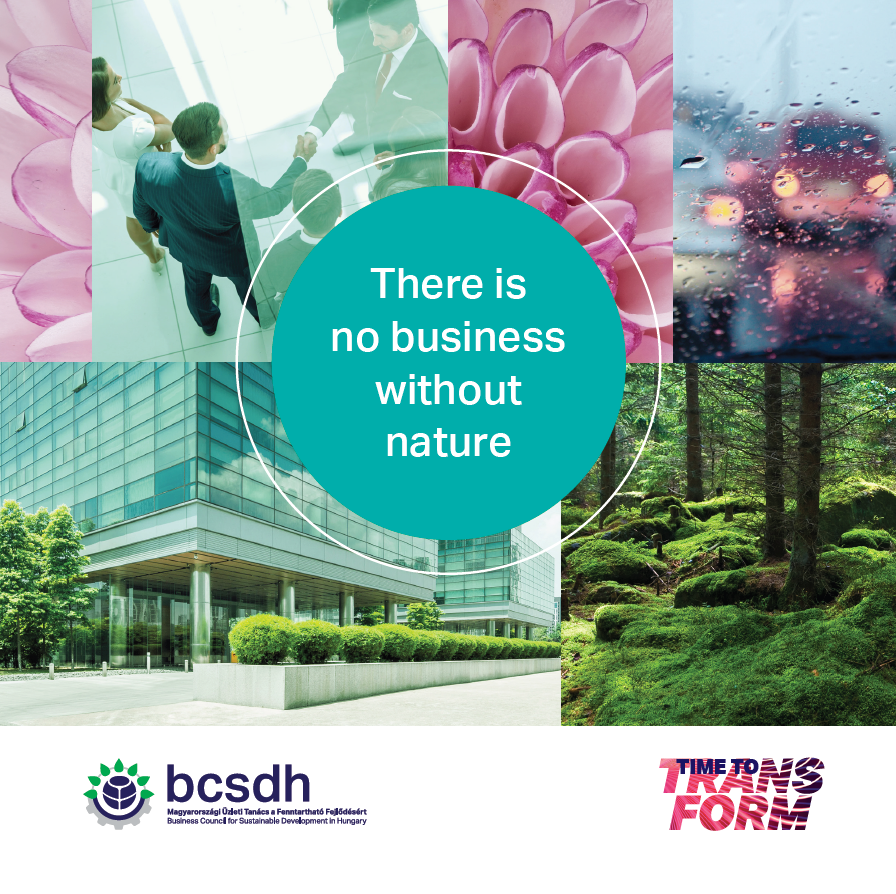There is no business without nature – Biodiversity
In December 2022, a landmark agreement was reached at the United Nations Biodiversity Summit in Montreal (COP15), where ministers and government officials from 190 countries overwhelmingly acknowledged that the protection of biological diversity must take precedence.
Life is intertwined with nature, and so is business. Nearly half of global GDP directly relies on nature and its services. The significance of nature is underscored by the fact that the estimated annual value of ecosystem services is one and a half times that of global GDP.
The risks associated with biodiversity resemble those of climate change. Both have far-reaching consequences in terms of scale and magnitude, and they can reach a point at
which recovery becomes impossible.
Net-zero goals cannot be achieved without a healthy environment. To avoid the most severe impacts of climate change and build resilience against inevitable consequences,
we must halt biodiversity loss before 2030.
Biodiversity has swiftly emerged as the fastest-growing ESG (Environmental, Social, and Governance) topic in global capital markets. Companies are increasingly recognising
business risk and the need to address this issue.
The time for action is undoubtedly now. Within our Time to Transform framework this year, after the inspiring presentations by Diane Holdorf, Vice President of WBCSD, and
Katalin Sipos, Director of WWF Hungary, we collaborated with over 60 corporate leaders and invited experts on the topic of biodiversity to formulate the following three recommendations that can assist the business sphere in taking the necessary steps:
- Conduct organisational impact assessments and set goals for preserving and restoring natural and biological diversity.
- Identify relevant areas and implement strategic initiatives that incorporate natural diversity into decision-making processes.
- Adopt and apply a holistic approach and mindset throughout the value chain, fostering partnerships and collaboration.
Biodiversity supports adaptivity, which is essential not only in relation to dealing with climate change. The more diverse and varied a system – including a business system – the more resilient it becomes to external influence, increasing its chances of survival and adaptation.

